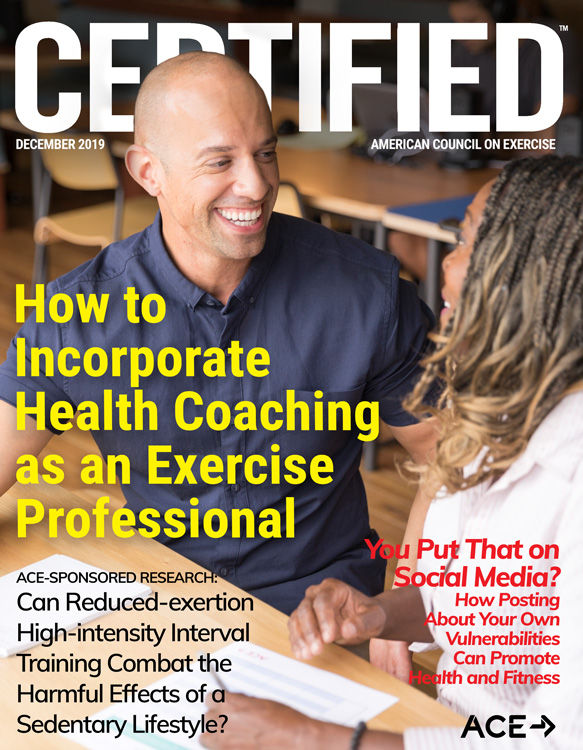
Breakfast or Exercise: Which Should Come First?

According to a new study published in the Journal of Clinical Endocrinology and Metabolism, changing the timing of when you eat and exercise may help you better control your blood sugar levels.
The six-week study, which involved 30 men classified as having obesity or overweight and compared results from two intervention groups (who ate breakfast before or after exercise) and a control group (who made no lifestyle changes), found that people who performed exercise before breakfast burned double the amount of fat than the group who exercised after breakfast.
The researchers concluded that increased fat use is mainly due to lower insulin levels during exercise when people have fasted overnight, which means that they can use more of the fat from their fat tissue and the fat within their muscles as a fuel. While the initial study involved only men, future studies will look to translate these findings for different groups including women.
“Our results suggest that changing the timing of when you eat in relation to when you exercise can bring about profound and positive changes to your overall health,” says Dr. Javier Gonzalez of the Department for Health at the University of Bath. “We found that the men in the study who exercised before breakfast burned double the amount of fat than the group who exercised after. Importantly, whilst this didn’t have any effect on weight loss, it did dramatically improve their overall health.”
Building on emerging evidence that the timing of meals in relation to exercise can shift how effective exercise is, the team behind this study focused on the impact on the fat stores in muscles for individuals who either worked out before or after eating and the effect this had on insulin response to feeding.
“The group who exercised before breakfast increased their ability to respond to insulin,” continues Dr. Gonzalez, “which is all the more remarkable given that both exercise groups lost a similar amount of weight and both gained a similar amount of fitness. The only difference was the timing of the food intake.”
Over the six-week trial, the scientists found that the muscles from the group who exercised before breakfast were more responsive to insulin compared to the group who exercised after breakfast, in spite of identical training sessions and matched food intake. The muscles from those who exercised before breakfast also showed greater increases in key proteins, specifically those involved in transporting glucose from the bloodstream to the muscles.
Remarkably, in terms of the insulin response to feeding after the six-week study, the group that exercised after breakfast were in fact no better off than the control group.
“This work suggests that performing exercise in the overnight-fasted state can increase the health benefits of exercise for individuals, without changing the intensity, duration or perception of their effort,” explains coauthor, Dr Gareth Wallis of the University of Birmingham. “We now need to explore the longer-term effects of this type of exercise and whether women benefit in the same way as men.”
What Does the Research Mean to Health and Exercise Professionals?
While it is outside your scope of practice to recommend specific meal-timing strategies, you can provide your clients with the information and sources of research they need to make informed decisions about things that affect their health and well-being. Knowledge is power, particularly when it comes to making choices about what to eat and when. Of course, even the most effective meal-timing strategies won’t work for weight loss if an individual is consistently overconsuming calories. Encourage your clients to thoughtfully consider what they consume and when, and to identify which patterns and habits help them feel most healthy and energetic. Ultimately, these are the strategies that will prevail and produce the greatest benefits over time.
“Being more mindful about the food we eat and the timing of intake creates awareness and is often the first step toward other health-related behavior changes,” explains Chris Gagliardi, ACE Certified Personal Trainer and Health Coach. “Even if the target behavior is not achieved right away, identifying realistic strategies by thoughtfully considering what and when you eat can be a starting point for those preparing to take the next step.”



